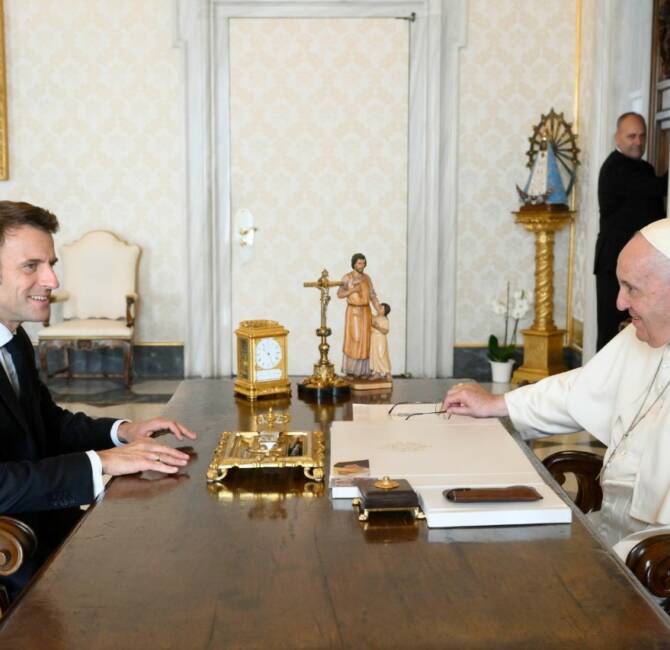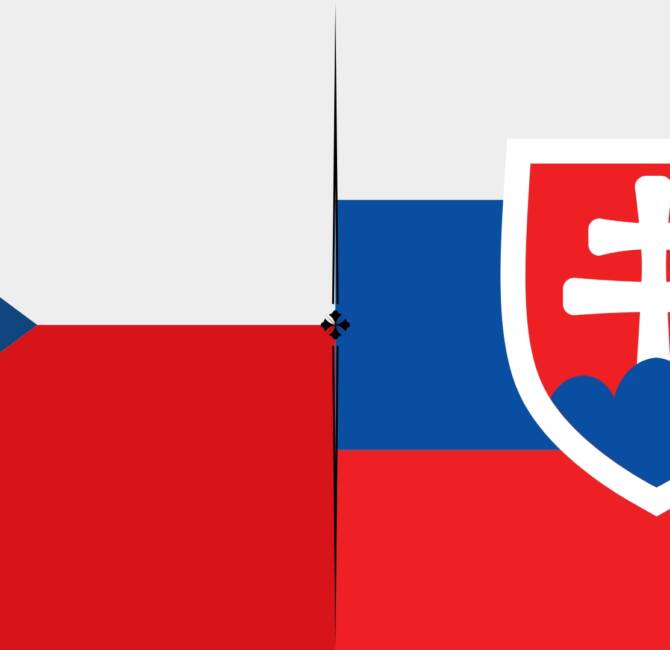Poland – The commemorative ceremonies marking the Wola massacre – committed 77 years ago, between 5 and 12 August 1944, by SS units against the population of that district as part of the suppression of the Warsaw Uprising – took place in the Polish capital on Saturday 31 July.
A strong gesture from the likely future German chancellor
This year, these ceremonies took on a special character thanks to the participation of the German ambassador, Arndt Freytag von Loringhoven, and above all the new leader of the CDU, Armin Laschet, who is also the current Minister-President of North Rhine-Westphalia and candidate for the chancellorship as Angela Merkel’s successor. Laschet thus followed in the footsteps of Social Democrat Chancellor Willy Brandt, who on 7 December 1970 knelt before the Warsaw Ghetto monument as a sign of repentance for the crimes committed during the Second World War.
“A tribute to the civilian victims of German atrocities”
“To commemorate the terrible crimes committed by the German occupiers during the Warsaw Uprising, today, together with Minister-President Armin Laschet, we laid wreaths at the Warsaw Uprising Memorial,” Freytag von Loringhoven wrote in Polish on Twitter.
“We pay special tribute to the unimaginably large number of civilian victims of German atrocities during the Warsaw Uprising in Wola.”
“Here, brave men and women stood against barbarism.”
For his part, Armin Laschet expressed his
“horror at the atrocities committed by the Germans.
[…] Here, brave men and women stood up to Nazi barbarism and the occupation of Poland […]
Many in Germany do not know what the Polish civilian population had to suffer before this uprising, during this uprising and especially afterwards.”
Mr Laschet then met President Andrzej Duda and Prime Minister Mateusz Morawiecki, with whom he discussed, among other things, the “rights of Poles living in Germany”, with the Polish authorities wanting to expand “the possibilities of teaching Polish in Germany” and see the implementation of “the Bundestag resolution on the construction of a memorial site for the victims of the Second World War in Berlin”.




